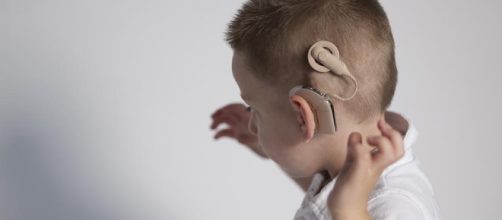Researchers will soon develop high-precision surgical robots for cochlear implantation. A team of surgeons at the University Of Bern aims to develop surgical robots for cochlear implantation. Health professionals say that the surgical robots will perform surgeries that a surgeon cannot carry out manually.
The aim of this study
According to health professionals at the University of Bern, a surgeon accesses the ear through the skull bone, and the procedure is very complicated. But surgical robots will easily carry out operations, and they will deal with the implanted electrodes that bridge the damaged part of the inner ear, allowing a patient to hear again.
Doctors perform this process manually and open a patient’s ear through the skull bone. In contrast, a surgical robot will carry out the task without damaging the skull bone. The aim of this research is to investigate robotic cochlear implantation technology that could lead to a novel implantation procedure with improved hearing outcomes for patients. Researchers have already developed surgical planning software. They will carry out experiments on robotic drill processes that allow easy access to the cochlea through a tunnel behind the ear. The process involves various complications, so we need to develop surgical robots as early as possible.
Robots to carry out the drilling procedures
Health professionals claim that the robots will be available in different sizes and shapes.
They will perform the drilling procedure without the need for manual operation by surgeons. It could be a challenge for doctors as they have to develop failsafe safety systems to track and control the robotic drilling activities beyond the capabilities of surgeons. But it seems that their surgical robots will perform an operation far better than a doctor. Outlining the safety elements, Professor Weber Roberts at the University of Bern, says that the robot will have an optical tracking system. It will feel the texture of the bones while drilling. Health experts say that they need time before publishing their findings.

